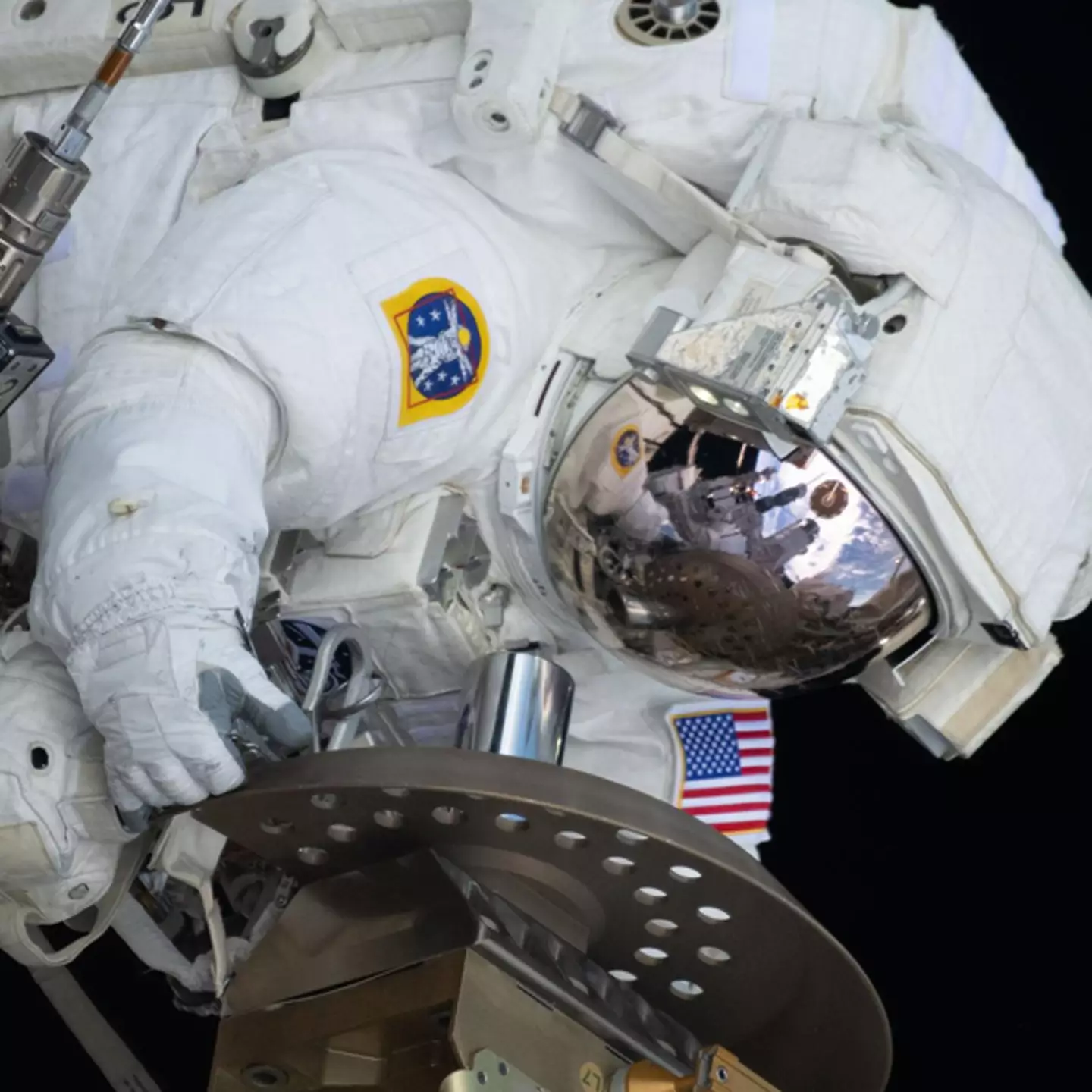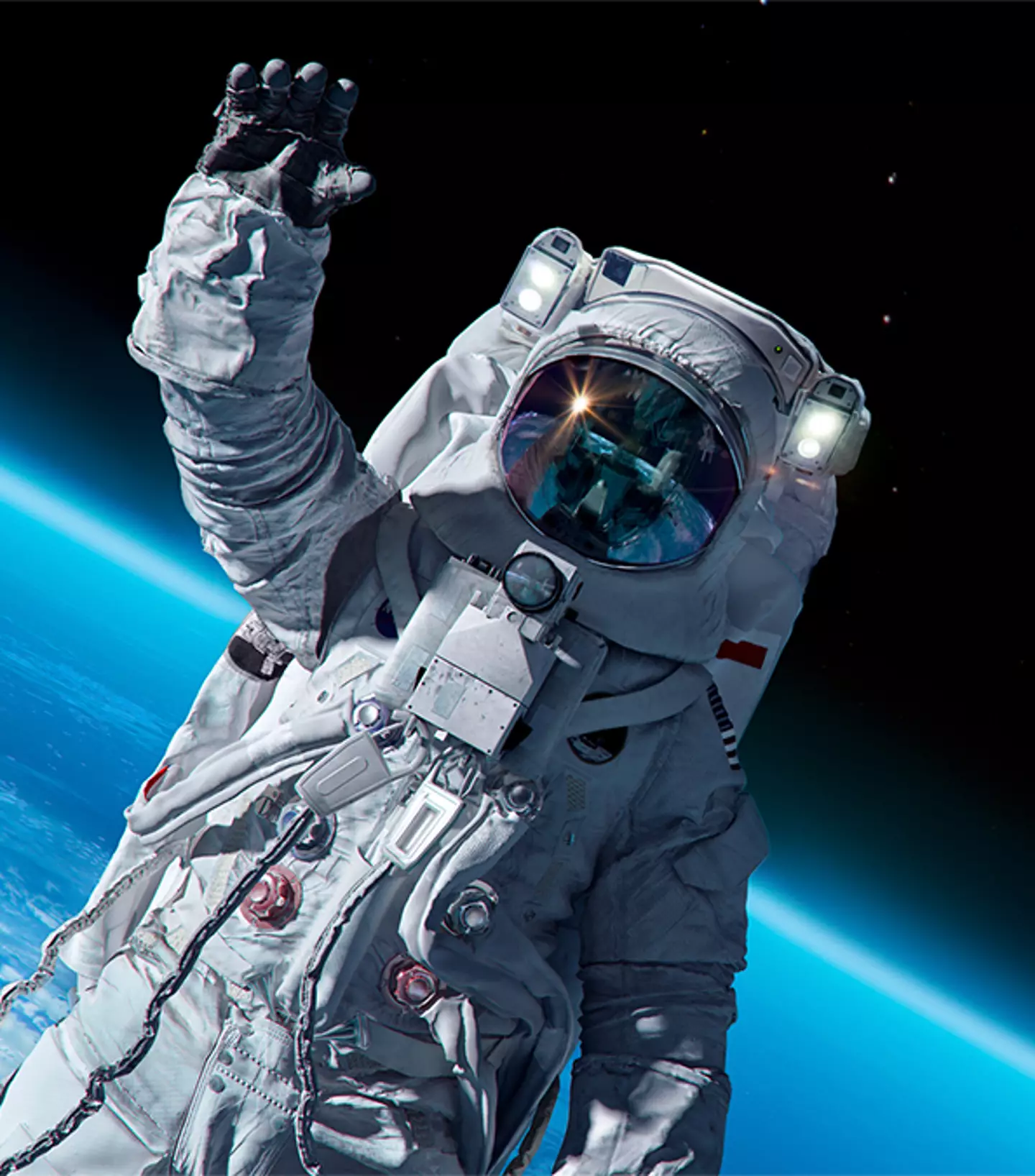
There are a lot of parts to becoming an astronaut that sound like they involve hours and hours of training and research to get your head around, with zero gravity being a huge example of that.
The challenge of moving around a space station or open space on a spacewalk, without any gravity to anchor you down, is famously something that takes a long time to get used to.
However, new research by Toronto's York University has suggested that there are actually some really complex biological reasons why humans are able to adapt to these zero-gravity environments in the first place.

Advert
The research was looking into how something called the vestibular system adapted to extended spaceflights - this is a system of fluids in the inner ear that help us to keep our balance and know when we're moving.
Normally, this would be pretty heavily disrupted by the absence of gravity, but testing a group of astronauts before and after they'd been in space, researchers found that the astronauts were able to still be very precise in their understanding of movement and relative speeds.
This saw them only slightly overestimating physical distances and other metrics when they'd spent a year in the International Space Station, which is actually a hugely impressive result considering that length of time. This remained consistent when they were tested again some weeks after returning to Earth, too.
The results of these tests were compared to randomised control groups to confirm their reliability, and published in a paper by a team led by Laurence Harris, a sensory physiologist at York University in Toronto and senior author of the study.
Advert
Harris said that these findings are very useful for our understanding of what astronauts can be expected to manage while in space, especially in emergencies. "On a number of occasions during our experiment, the ISS had to perform evasive manoeuvres," he said. "Astronauts need to be able to go to safe places or escape hatches on the ISS quickly and efficiently in an emergency. So, it was very reassuring to find that they were actually able to do this quite precisely."
Of course, the caveat here is that it was looking at the performance of some of the most highly-trained individuals in any career path, so this doesn't exactly mean that any one of us could be dropped into the ISS and expect to be completely fine.
However, it's a bit of a ringing endorsement of astronaut training programmes as they currently exist, demonstrating that they do help to equip astronauts to retain their precision in zero gravity very well.
Time will tell whether the research results also feed into a better understanding of how that gap between performance on Earth and performance in space can be closed even further.
